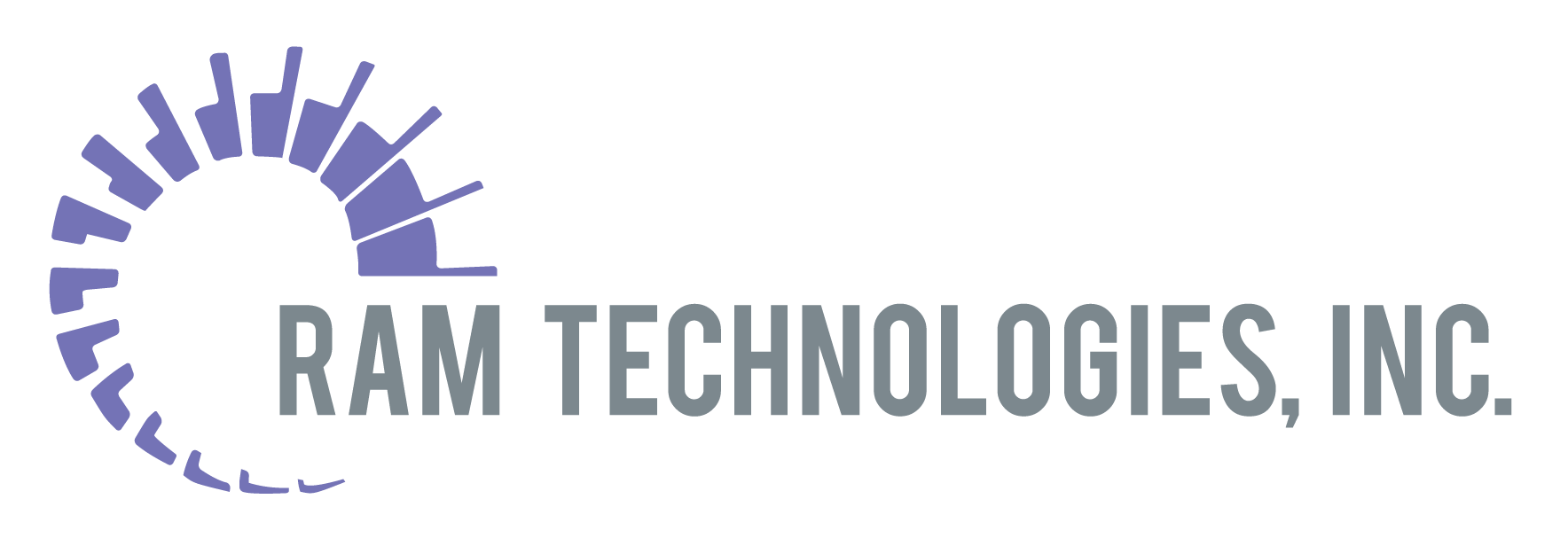Research in Health Affairs shows Medicaid managed care organizations could use financial bonds to help fund social determinants of health solutions.1
These bonds would be issued and administered by a group of Medicaid managed care organizations. Investors would purchase the bond, and the money would fund SDOH solutions provided by the organizations.
Health plan solutions to address SDOH usually require upfront funding but bring delayed returns in the form of cost savings.2 Further challenging return on investment is that enrollment and eligibility changes seen with Medicaid managed care organizations can prevent plans from ever realizing these savings.
Bondholders would provide upfront funding and receive regular interest payments, as well as a return of their initial investment after the bond’s term is fulfilled. These payments would come from the savings realized over time by Medicaid managed care organizations.
Payment amounts would be set at the beginning of the term based on the estimated cost savings of the SDOH solution. A particular organization’s share of outstanding bonds to be serviced would be adjusted over time depending on its enrollment.
Funding SDOH solutions with this type of bond would bring a variety of benefits:2
- Reduced financial risk due to the ability to pool funds and invest in multiple interventions
- Continued access to interventions even if beneficiaries switch plans or managed care organizations, as the solutions are funded from one source
- Increased opportunities for public-private partnerships on solutions that may not bring significant savings but affect health equity.
Next steps
Medicaid managed care organizations that want to take advantage of these bonds should consider a number of factors as they get started. They should carefully consider the number of participating organizations, any risk-sharing arrangement built into the bond structure, and which interventions and community organizations to invest in.2
Potential challenges include coordination with state Medicaid agencies, including compliance with state policies, and tracking which beneficiaries receive the SDOH solutions.2
The researchers note that this type of bond could benefit other plans, including Medicare plans. Organizations that explore these types of arrangements may strengthen their ability to fund solutions that both lower costs for the plan and improve the health of their most vulnerable members.
To stay up to date on the latest from RAM Technologies, follow us on LinkedIn
References
- Karaca-Mandic, P., Nikpay, S., Gibbons, S., et al. Proposing an innovative bond to increase investments in social drivers of health interventions in Medicaid managed care. Health Affairs. March 2023. https://www.healthaffairs.org/doi/abs/10.1377/hlthaff.2022.00821
- Bailey, V. March 10, 2023. How Medicaid managed care orgs can better invest in SDOH interventions. HealthPayerIntelligence. https://healthpayerintelligence.com/news/how-medicaid-managed-care-orgs-can-better-invest-in-sdoh-interventions

